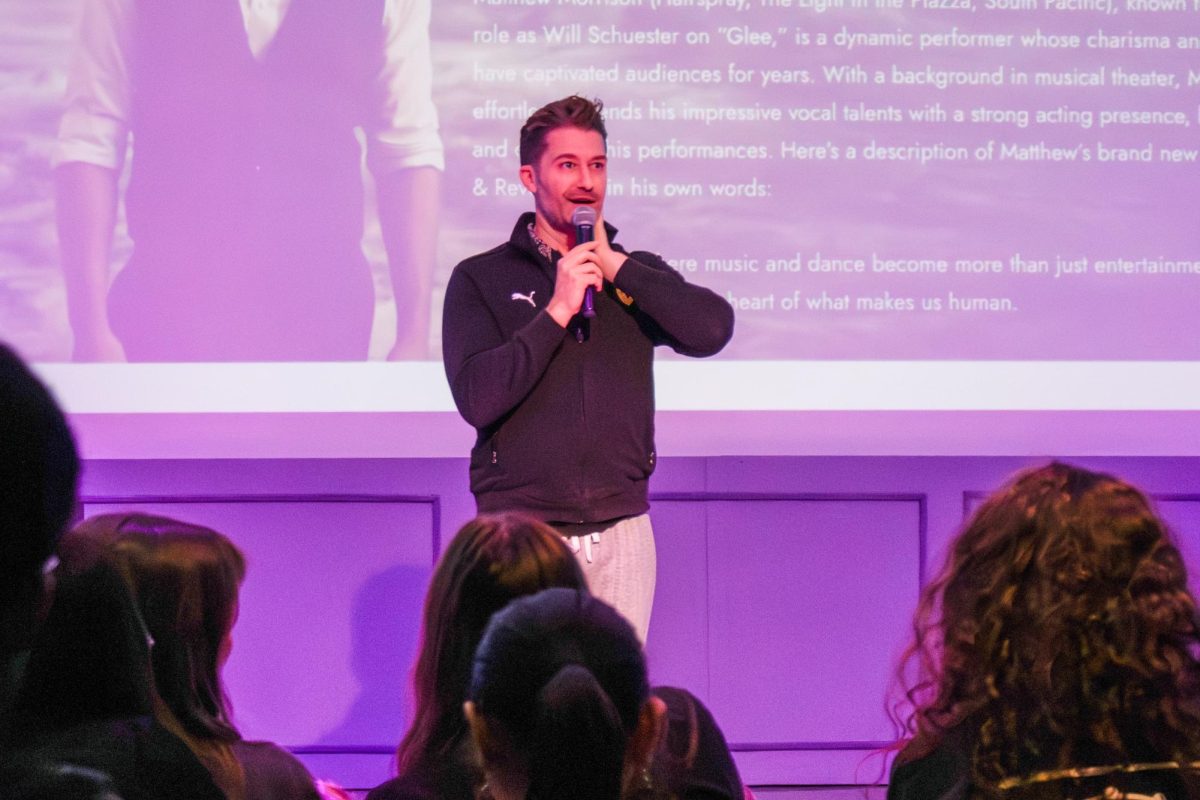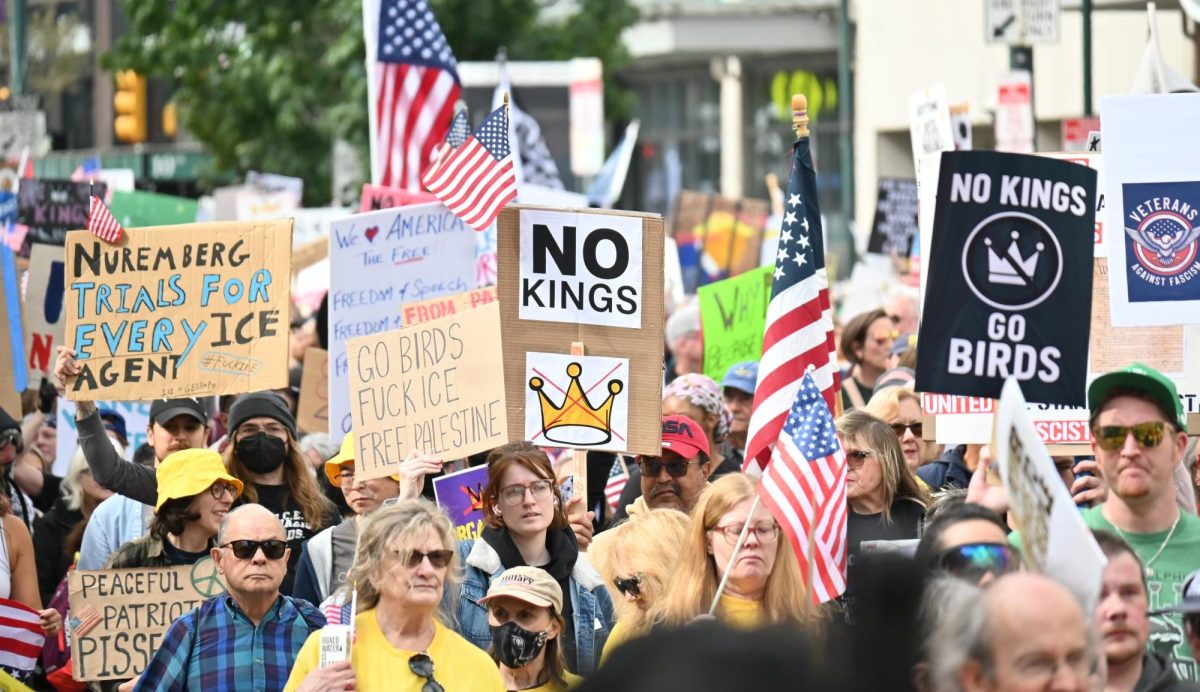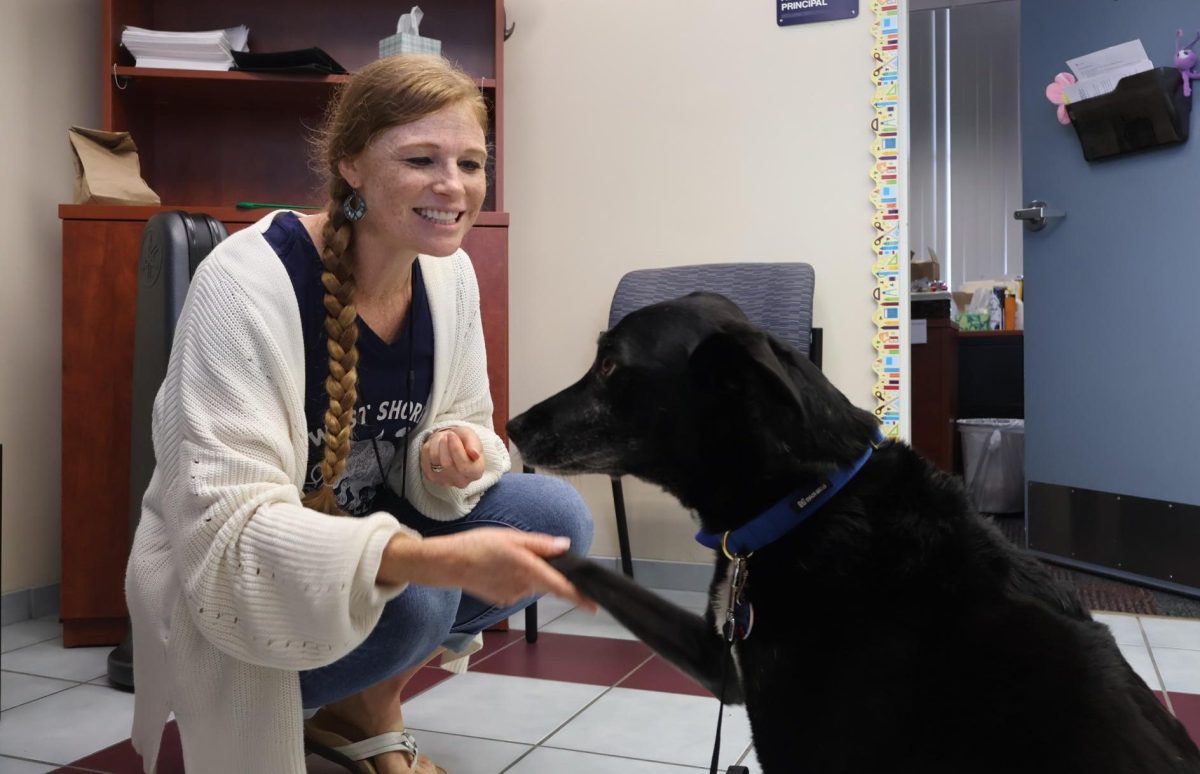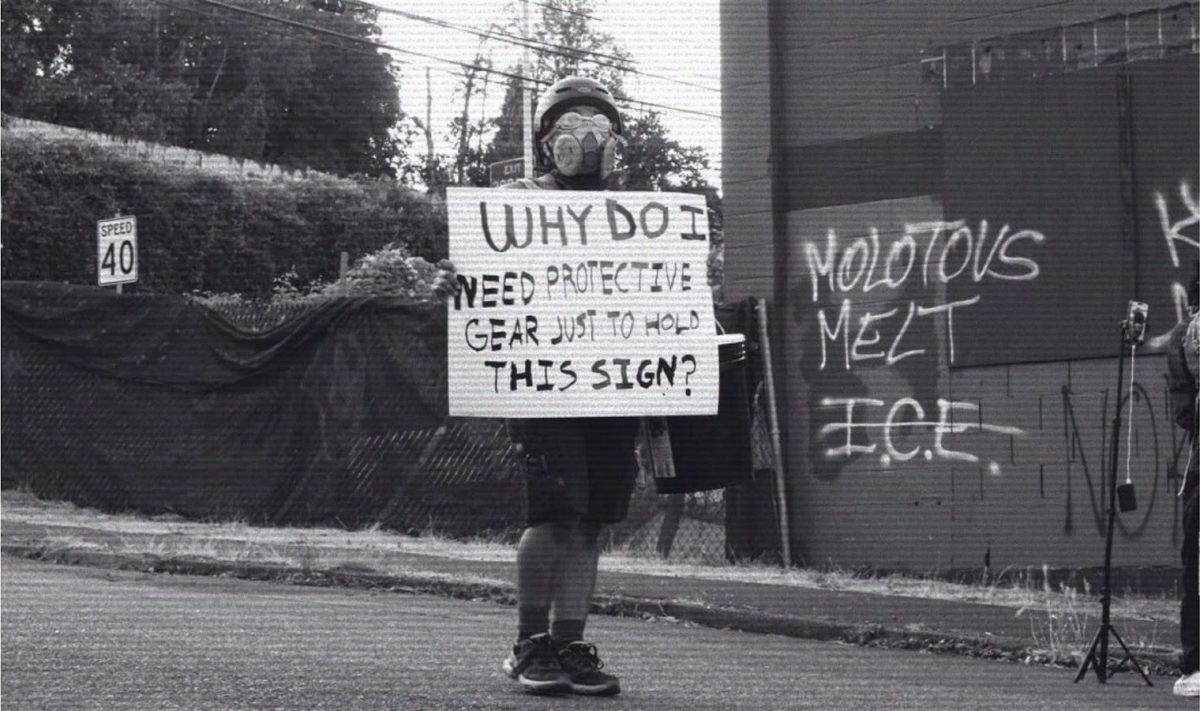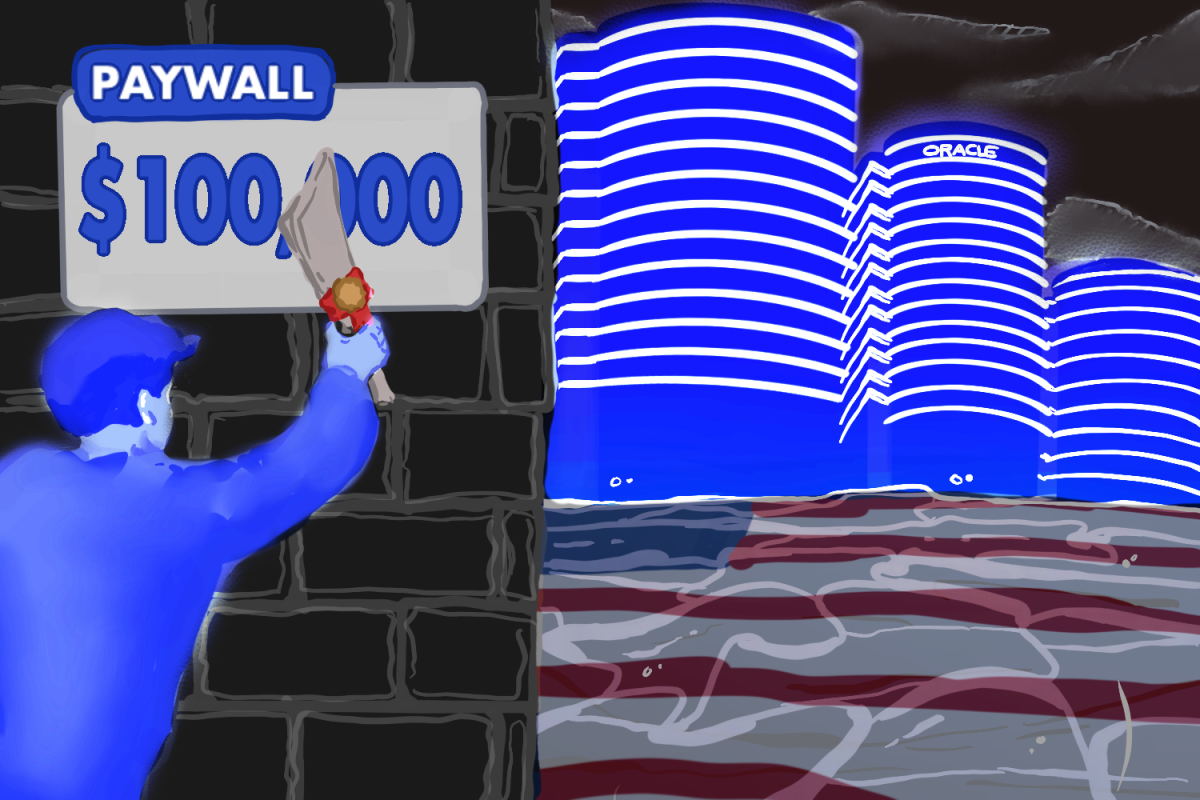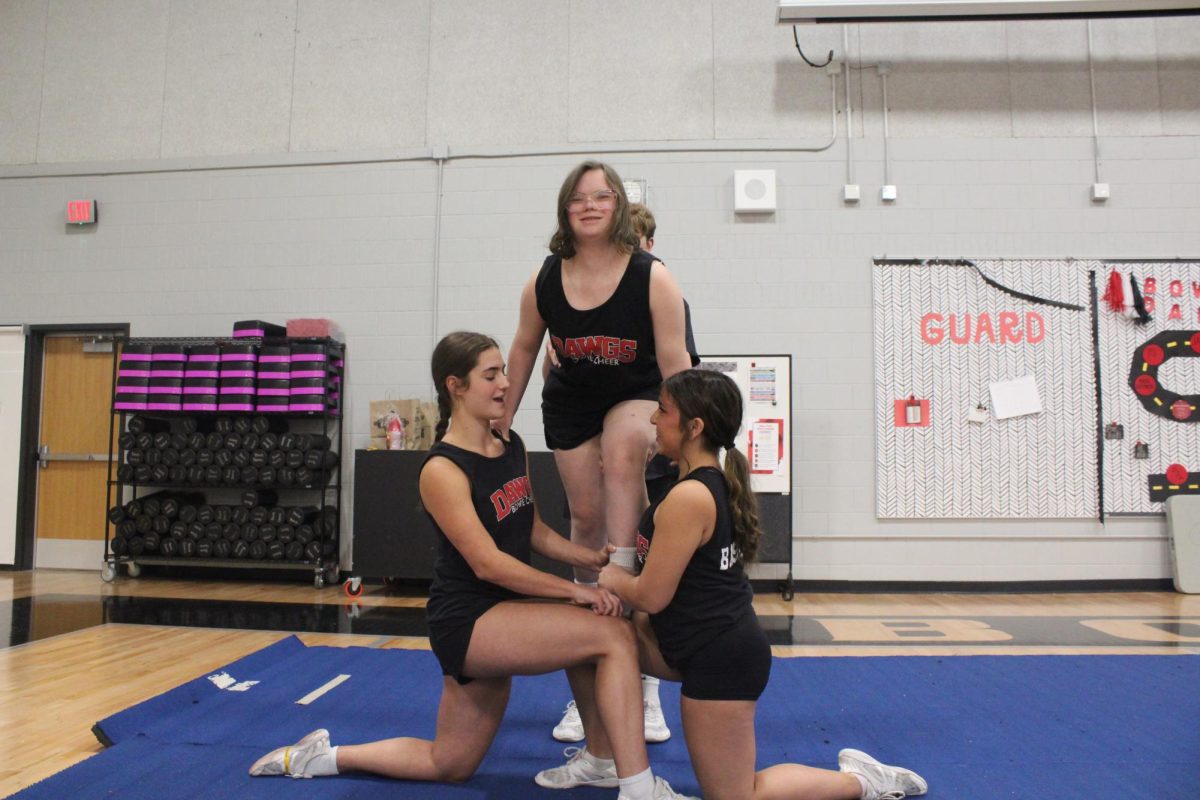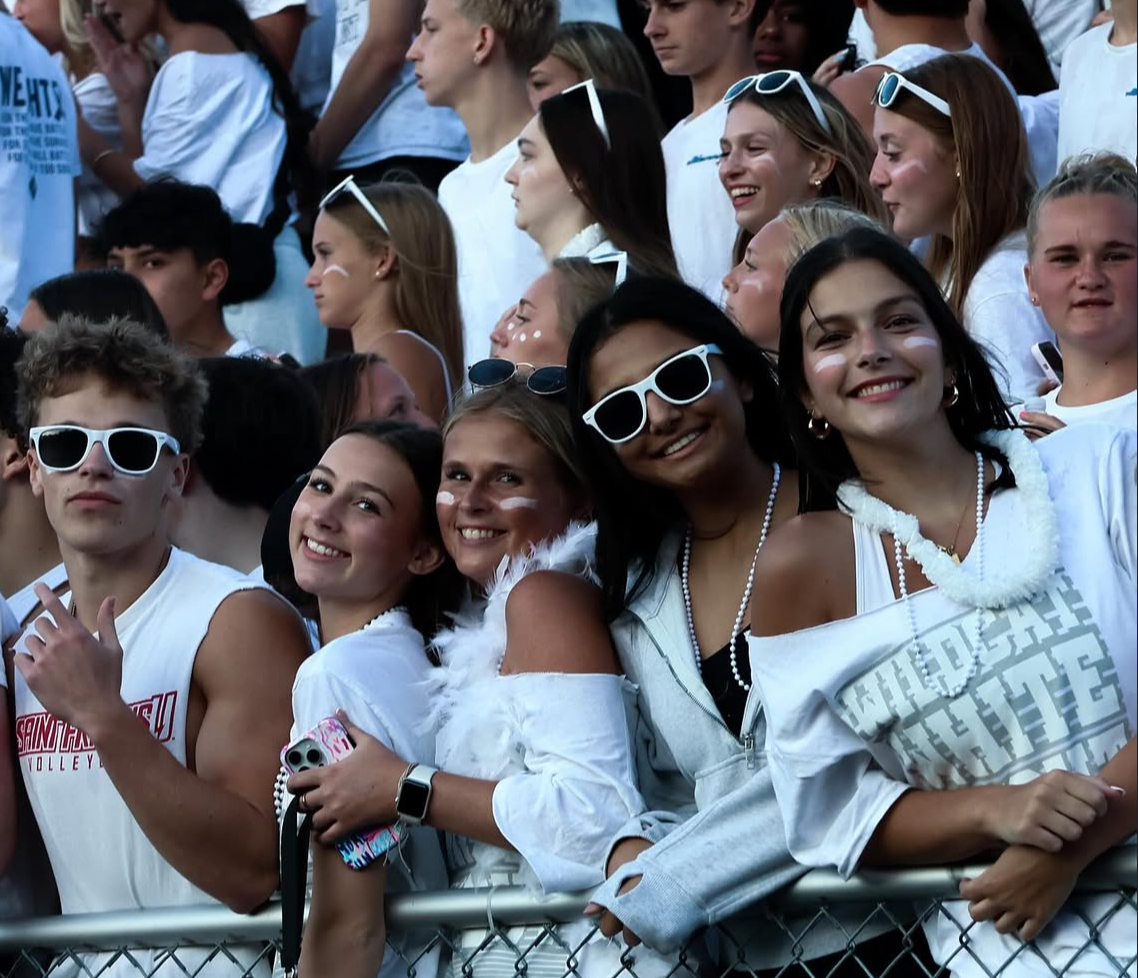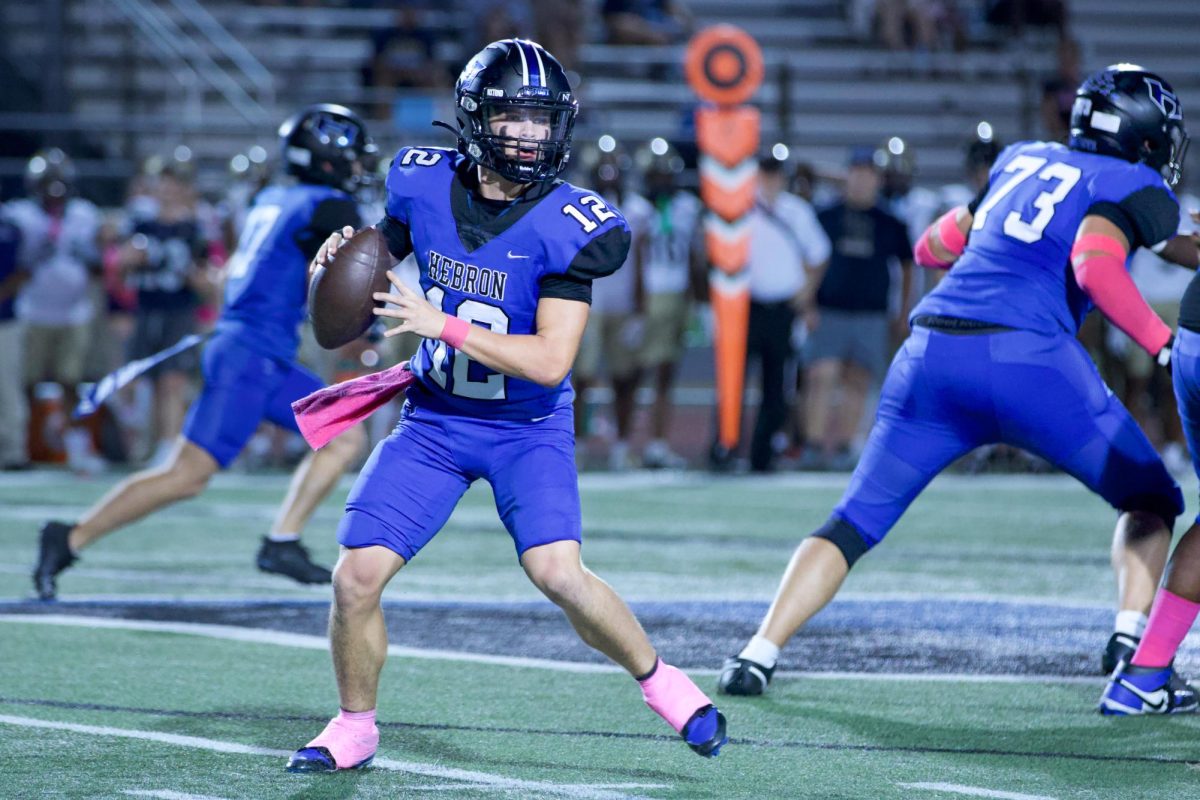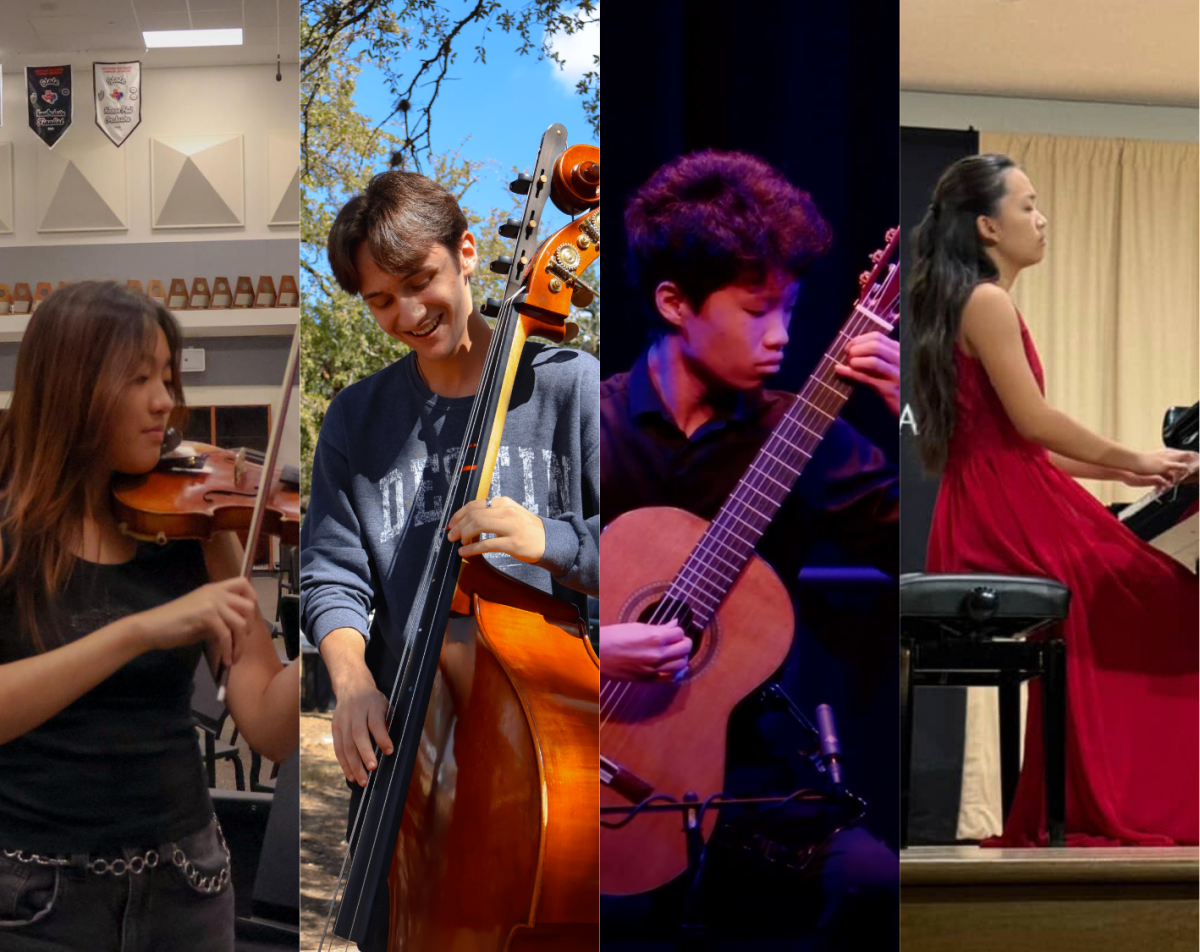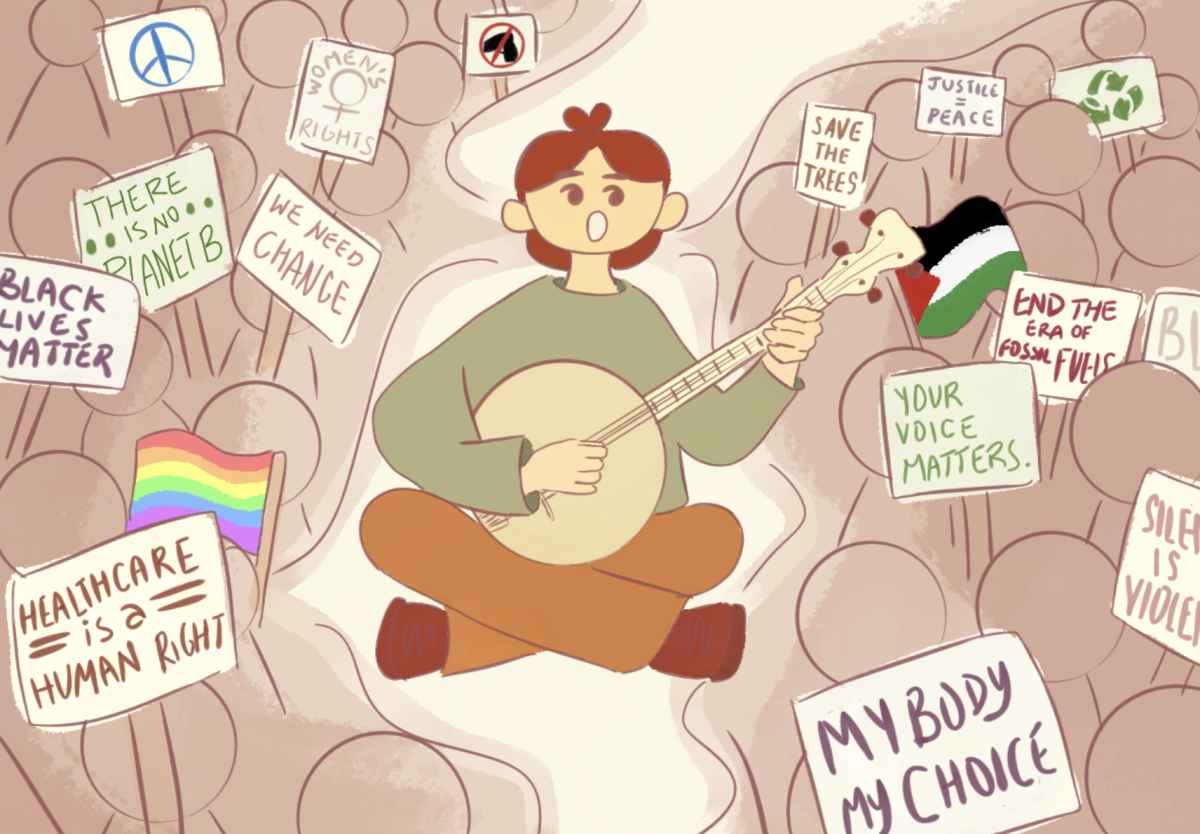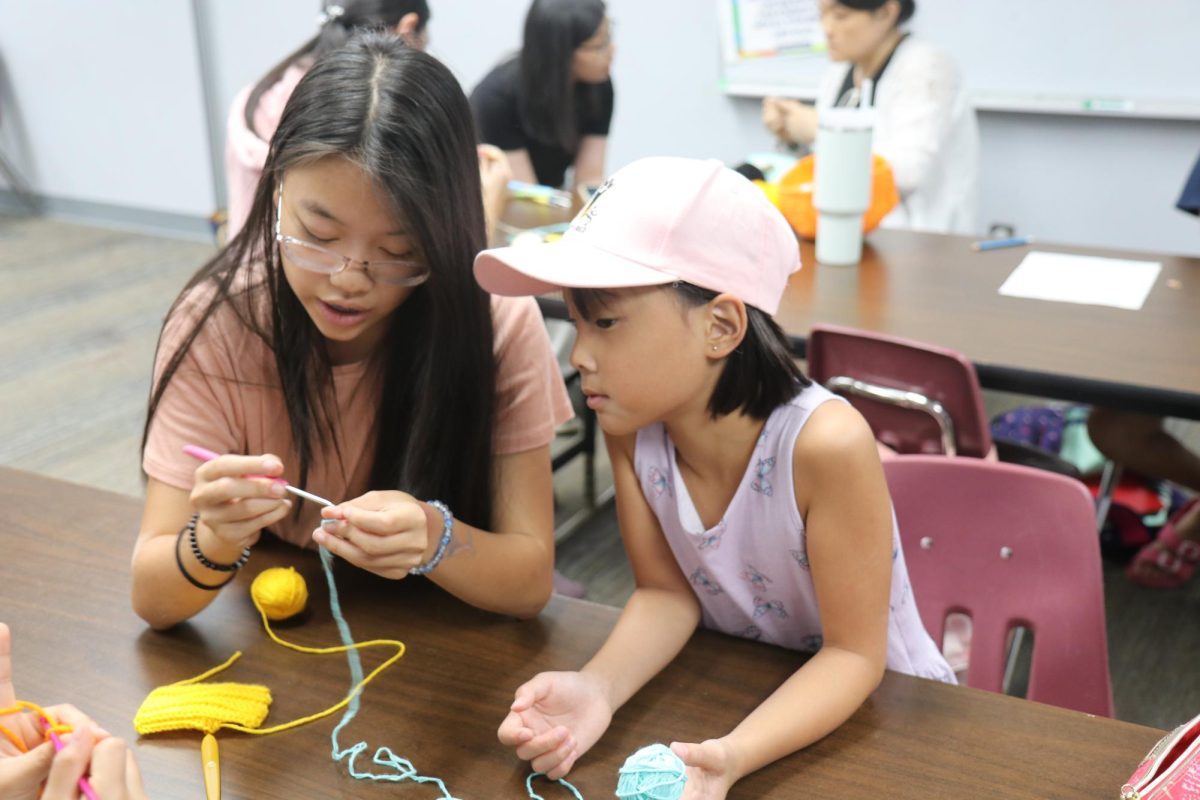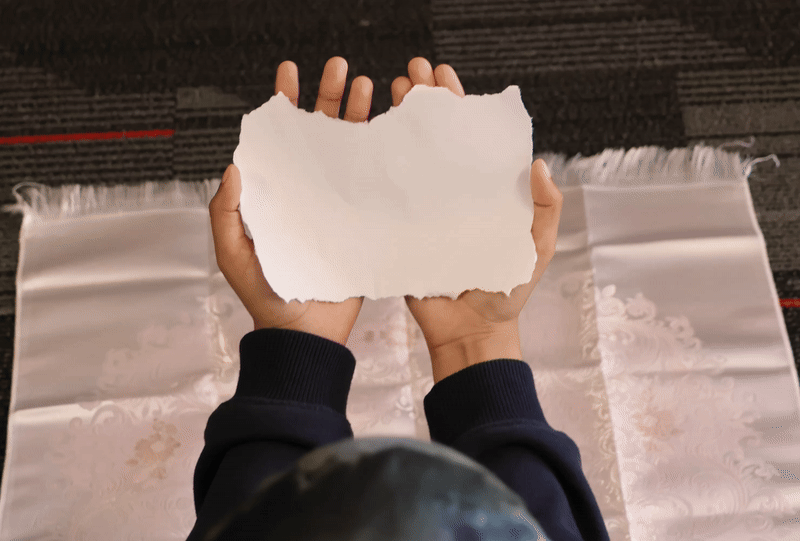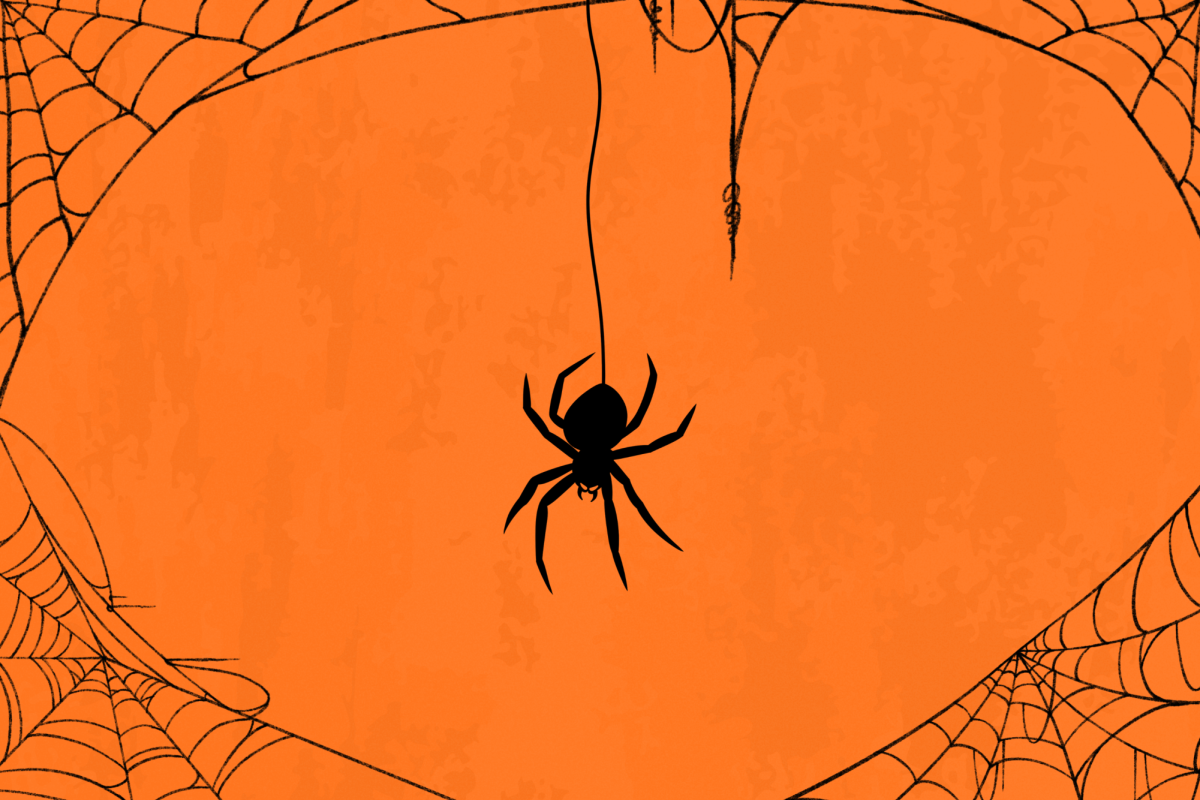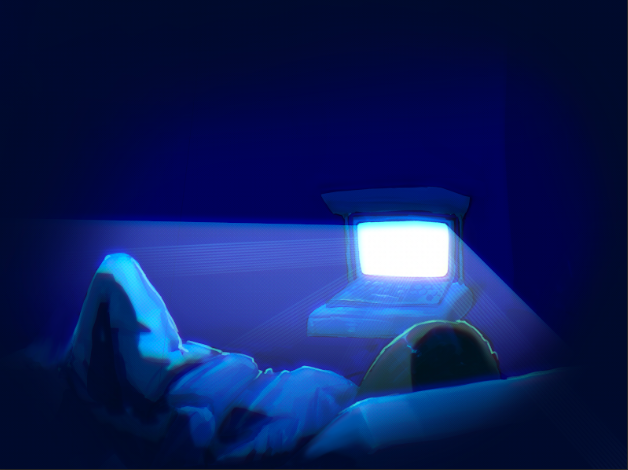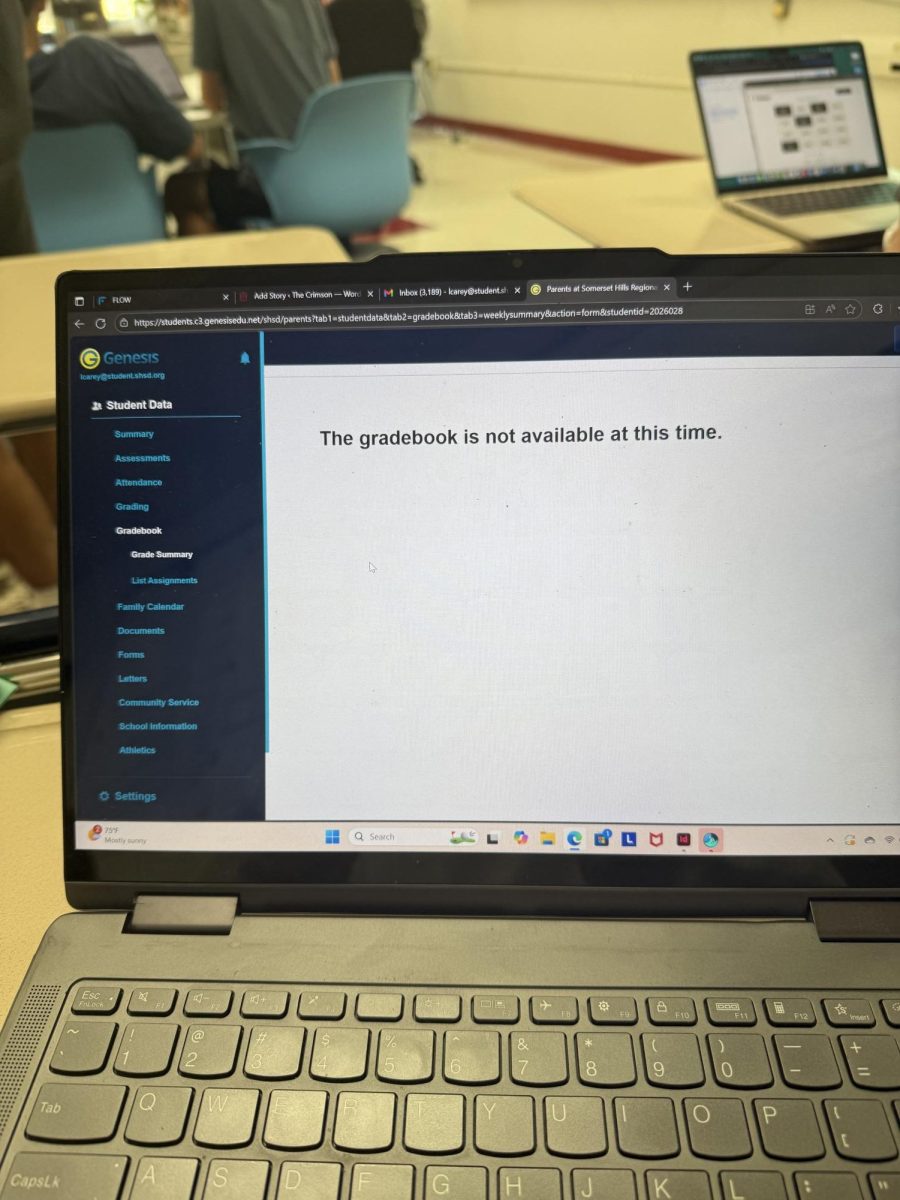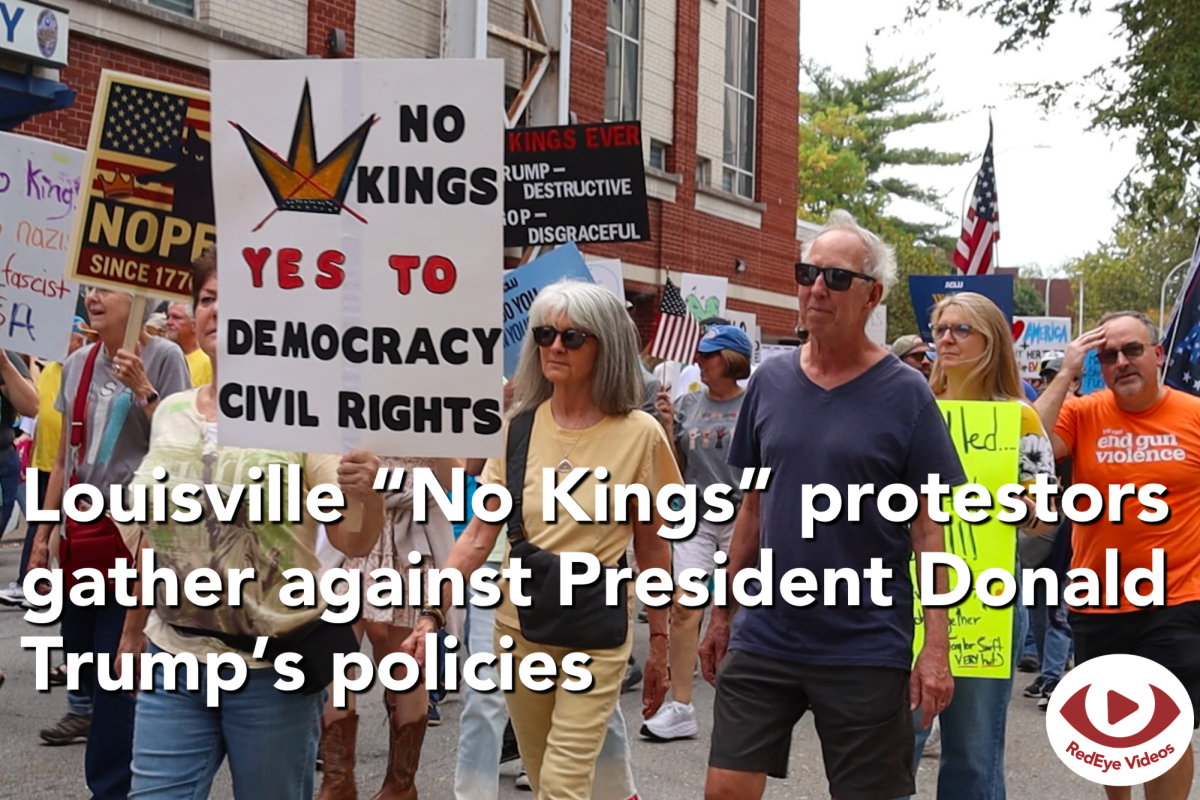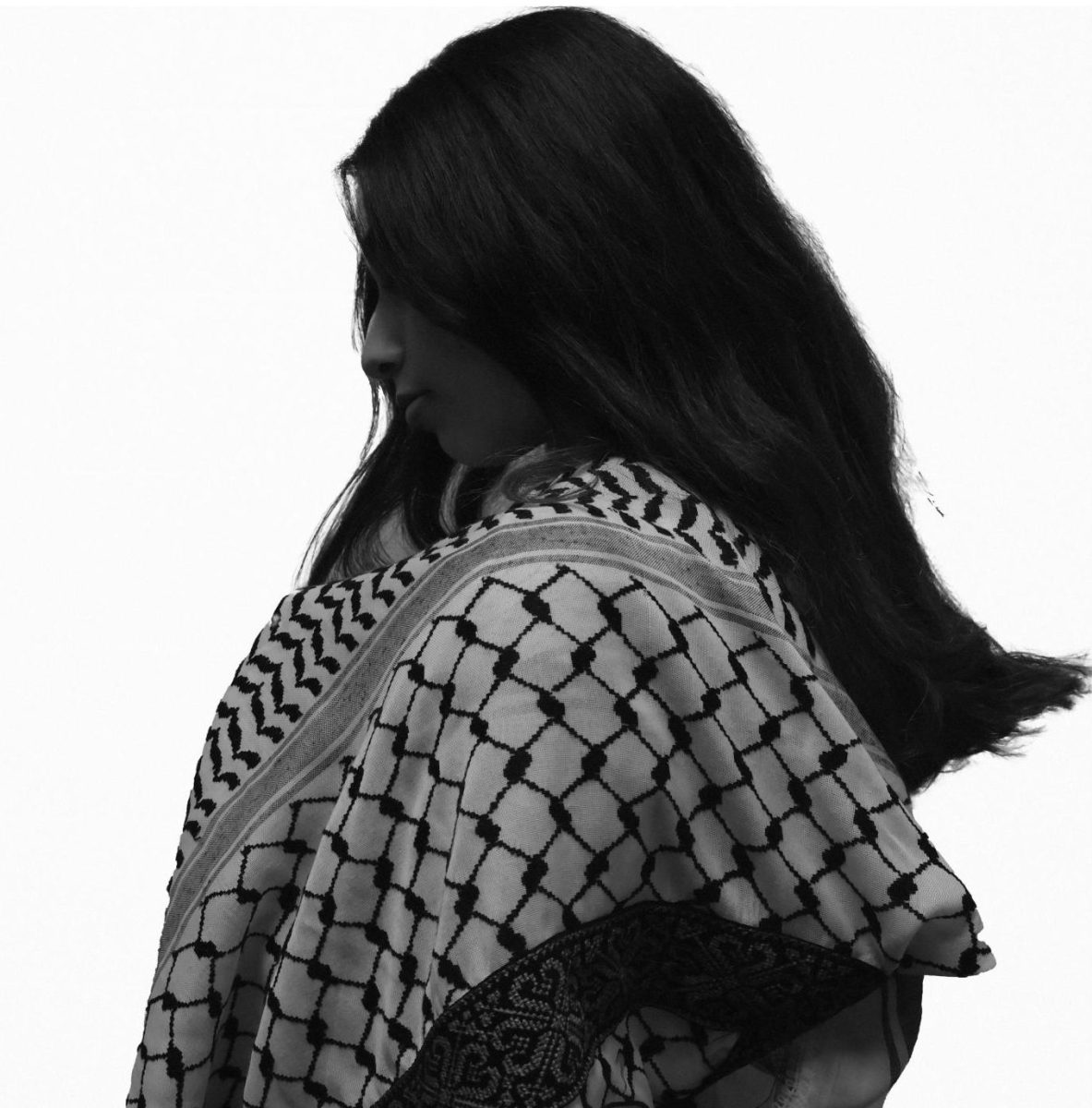We as a society have become so accustomed to the corruption present in this world. Poverty is normal, discrimination is normal, war is normal. We continue on with our lives in a state of blissful ignorance while millions suffer in isolation.
In the past year, I have had to recognize that anger is not a universal emotion experienced towards blatant immorality. Being Palestinian means I have grown up hearing terrible stories of the discrimination my family members experienced in the occupied territories, like how many of my ancestors were exiled from their homes, leaving them unable to visit or even live in their own motherland. Even outside of familial conversations, my country has only ever been brought up in the context of war or the controversy surrounding it. Our struggle is known for being one of the most documented and complex in recent history, yet for also being the most divided in support.
In late 2023, the attacks on Gaza escalated to unimaginable levels of destruction. At that point, I thought the world would finally pay attention. I figured that the inhumanity present — the killings of thousands of innocent civilians, the complete bombing of villages, the elimination of entire bloodlines — would motivate people to understand that this is, in fact, not normal. But a year has passed and the death toll continues to rise as governments, coupled with the public, fail to act.
It’s so easy for us to look away — to turn off the news, to swipe off a TikTok of a Gazan begging for assistance, to tune out your ears from the chants of protestors on the streets. That is the era we currently live in: out of sight, out of mind. But the people beyond the screens, living our nightmare everyday, don’t have that privilege. We so effortlessly cover our eyes at the sight of terror, while they must watch their nightmares transform into an inescapable reality.
The world forgets that Palestinians are not just figures of an ongoing conflict; they are people, worth our sympathy and support. They are just as obligated to their rights of life as anyone else on this planet is. Yet, people tolerate the Gazan child wallowing alone in the ruins of his home, awaiting the incoming missile to end it all.
I am horrified at this rather large circulation of apathy — perhaps even more than anything else. That is saying something: I have seen graphic images so awful and haunting that they have left my brain unable to function; news channels depicted the large-scale carpet bombings that have reduced Gaza in a state of rubble; innocent young men from my village in the West Bank were taken captive by military officials. It is not the obvious corruption that has spooked me most, but the lack of concern. The media continues to gloss over the events overseas, while government officials refuse to even utter the word “Palestine.”
An argument I often hear is that there is a time and place for things to happen, and that includes speaking on Palestine. I myself have been met with critics online and even in person. Various times I have been recorded by bystanders as I marched in protests while carrying the flag of my country. I, along with other activists, am often thought of as disturbing the peace; what critics fail to account for, however, is that the pursuit for progression does not comply with the comfort of a population.
Progression is not an easy path, for if that were the case, no social movement would be necessary in the first place. Change has always been uncomfortable. It was uncomfortable when protests for Black Lives Matter interrupted traffic on the streets, when peacekeepers against the draft for Vietnam were manhandled by police, and when sit-ins for civil rights caused chaos in white-only establishments. Had these brave civilians not utilize their abilities to bring awareness to their cause, the state of progress would remain stagnant.
Such moments in history showcase true resilience — not backing down when in the face of constant condemnation. These acts of resistance are how we determine those in society who truly care for issues and want to see change, who do not let opposition stand in their way. Their values are above any superficial construct that means to keep us silent.
The disruption we face in our first-world country is nothing compared to that of what is experienced by the victims of atrocity. I find that in our nation, there is a concerning loss of empathy, and a rise in the promotion of self-serving behaviors. We don’t feel inclined to speak on events not directly affecting us because, well, why should we care?
Politics are controversial and nothing short of complicated. It’s understandable that when discussions of war and its surrounding ideologies arise, some may take any measure necessary to steer clear of those waters. However, this issue is beyond politics; it’s a matter of humanity.
At what point do we determine that the bombings have gone too far? That the killings of innocents are relentless and unjustified? That one too many hospitals have been destroyed for there to be any redeemability left of the aggressor? Is it possible that, if the victims were us instead, we would finally draw the line?
In all honesty, the future does seem bleak, miserable even. In our day and age, change appears difficult to attain, especially in the absence of support from an upper power; but our efforts are not left futile.
The belief that we are powerless to make a difference is, in itself, a misconception. We are able in every aspect to knock down any barrier standing in our way. To believe we do not have a chance at acquiring justice is to fall victim to ideas that hold us back from reaching our full potential.
Our government is structured to serve our needs and address them by any means necessary; to keep voicing our beliefs, and to be persistent in affirming our wants, will realistically lead to our administrators taking some sort of action. Change does not come naturally; we cannot just expect politicians to divest from questionable practices if they never feel inclined to. That’s why our role as citizens is to make the issue overwhelmingly known — then it becomes impossible to avoid.
In the case of the Palestinians, and any under-acknowledged group currently suffering in silence, the power of the public is needed more than ever. They need us: the people with a voice who can speak for those stripped of one. If the collective passion of society for a better future is not enough to deter the unsatisfactory actions of governmental units, then all cases of progression from the past are simply a facade. It’s our moral obligation to advocate for the rights to life of every human being, and that includes those we do not directly relate to. Every life is worth protecting.
I continue to speak for my people overseas not because it is something I necessarily want to do. I would much rather not describe the prejudice we face, or the terrible things I have seen befall the innocents of my country. I wish I could speak of how we have a great culture, a rich history that dates back thousands of years. I want to talk about the sunsets in Palestine, and how the absence of clouds allowed for the sun to emit the richest hues of reds and oranges. But I hold a responsibility, and that is to use my voice to speak on behalf of my people. I cannot claim to have made a difference if I never stand up for what I believe in.
This story was originally published on FHC Today on December 5, 2024.


